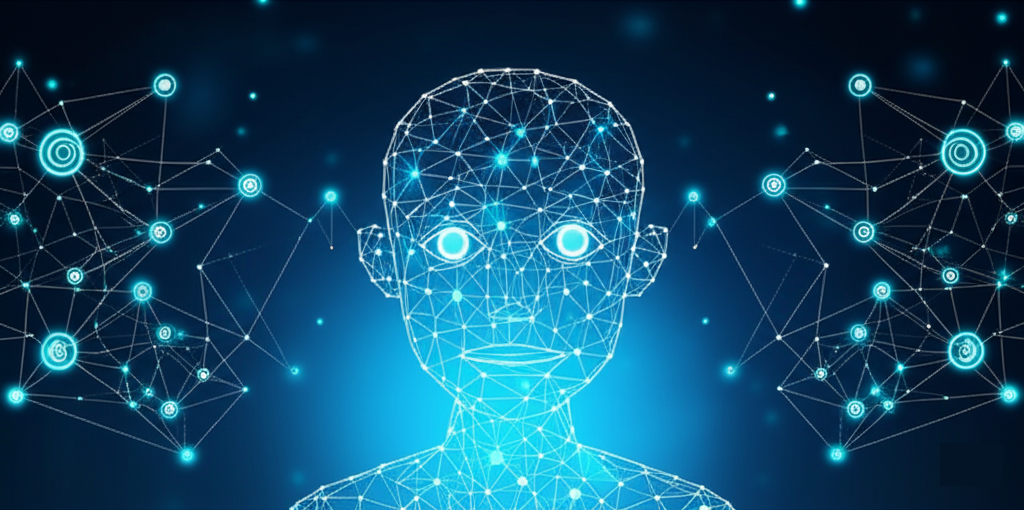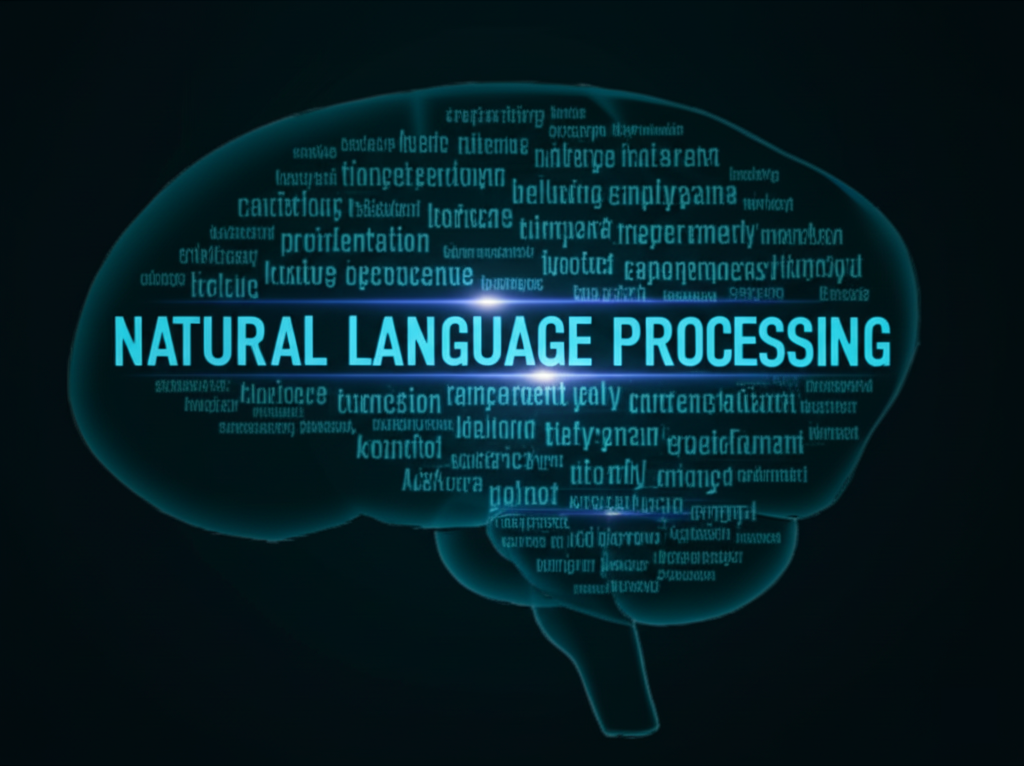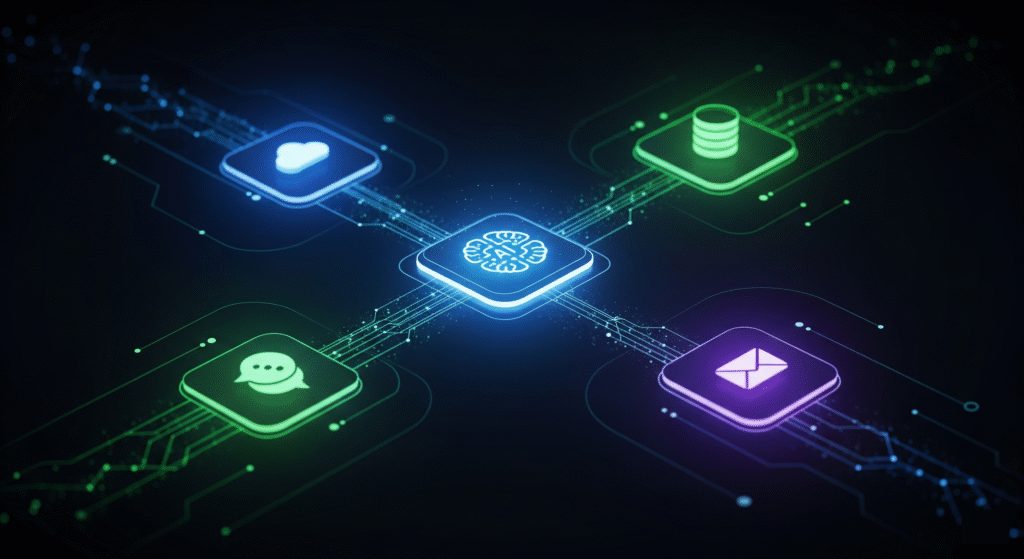AI agents are intelligent software entities that can perceive their environment, make decisions, and take actions to achieve specific goals. Think of them as autonomous digital assistants capable of performing complex tasks without constant human intervention. Powered by artificial intelligence, including machine learning, these agents are becoming increasingly sophisticated and versatile.
Key Insights and Recent Advancements
Recent advancements have significantly boosted the capabilities of AI agents:
- Improved Perception: Enhanced sensors and computer vision algorithms allow agents to better understand visual and auditory inputs.
- Natural Language Processing (NLP): Agents can now understand and generate more human-like text, facilitating better communication.
- Reinforcement Learning (RL): RL techniques enable agents to learn optimal behaviors through trial and error in complex environments.
- Memory and Reasoning: Progress in neural networks and knowledge graphs gives agents improved abilities to remember past experiences and reason logically.
These advancements are leading to AI agents that are more adaptable, efficient, and capable of handling increasingly complex tasks.
Notable Applications
AI agents are already making waves across various sectors:
- Customer Service: Chatbots and virtual assistants handle customer inquiries, provide support, and personalize interactions.
- Healthcare: Agents can assist with diagnostics, drug discovery, and personalized treatment plans.
- Finance: They are used for fraud detection, algorithmic trading, and financial advising.
- Logistics and Supply Chain: Agents optimize routing, warehouse management, and inventory control.
- Personal Assistants: Smart home devices and digital assistants manage schedules, provide information, and automate daily tasks.
Emerging Trends and Potential Impacts
Several trends suggest a growing role for AI agents:
- Increased Autonomy: Agents will become more independent in their decision-making and task execution.
- Multi-Agent Systems: Collaborations between multiple AI agents will tackle complex problems.
- Edge AI: Deploying agents on local devices will enable faster processing and enhanced privacy.
- Human-AI Collaboration: Seamless partnerships between humans and AI agents will augment productivity and innovation.
The potential impacts are significant:
- Automation of routine tasks across industries, freeing up human workers for more creative and strategic roles.
- Enhanced efficiency and productivity, leading to economic growth.
- Personalized experiences for consumers in areas like education, entertainment, and healthcare.
- Creation of new job roles focused on developing, deploying, and managing AI agents.
While the future of AI agents is promising, it’s crucial to consider ethical implications and ensure responsible development and deployment.


